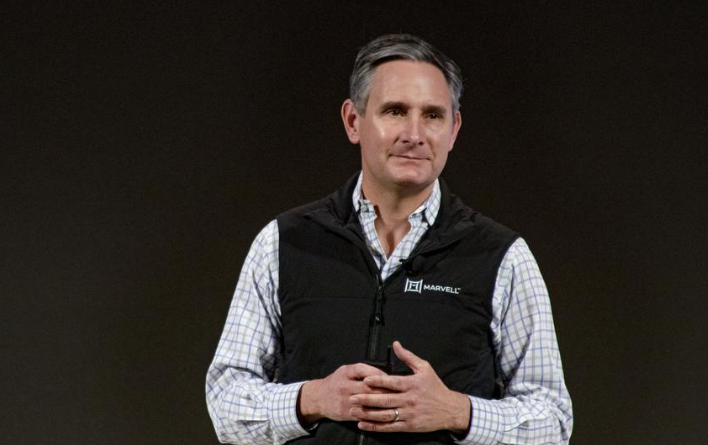France threatened yesterday with prohibiting access to social networks to children under 15 if the EU did not rule on a community policy that unified the criterion for all countries of the Union. Brussels’s response to this demand has been equally overwhelming.
Each country is a world. Brussels ruled out Wednesday the possibility of establishing a minimum community age to access social networks. There was a proposal led by Greece, France and Spain to establish it in 15 years, but those responsible for the European Union have it clear: there will not be a unique criterion, and each country must establish their own.
Of community prohibition, nothing. Thomas Regnier, spokesman for technological sovereignty of the Community Executive, said yesterday at the daily press conference that although they took note of the announcement of Emmanuel Macron, “a prohibition of social networks at European level is not something that the commission is promoting. This is prerogative of the Member States.”
The tragedy. The statements of Macron and his attempt to accelerate the implementation of a community prohibition of access to social networks comes from afar. However, that debate was urgently reactivated after the tragedy that occurred on Tuesday at a Nogent school, in the Haute-Marne region. There a 14 -year -old student was arrested after killing a 31 -year -old watchman who performed routine backpacks. There is no evidence that this attack occurred for something that the adolescent saw on social networks.
The community proposal does not advance. Several countries of the European Union have been maintaining a debate on whether a minimum age at the community level must be established to access social networks. The initiative was led by Greece, France and Spain, but Italy, Denmark, Croatia, Slovakia and the Netherlands also supported it. Precisely Spain and Slovakia were the ones that were most shown and proposed to establish that minimum age in 16 years, while France, Greece or Denmark proposed to establish it at 15. That proposal, however, has not advanced.
The RGPD as an instrument. The General Data Protection Regulation (RGPD) already has article 8, which is specifically aimed at regulating the access of minors to “Services of the Information Society”. According to said regulations, “Member States may establish by law a lower age for such purposes, provided that this is not less than 13 years.”
And the DSA prepares changes. The Digital Services Law is also preparing to establish regulation that affects minors. In fact, guidelines are prepared that will be published this summer and that will force the platforms – social remedies among them – to protect the safety and privacy of minors.
Private accounts, age verification. Among the measures they must adopt is that the accounts of the minors are believed as private by default, in addition to the implementation of age verification measures.
AGE VERIFICATION APP. As the European Commission points out, in parallel to these guidelines, an age verification application is being developed that provides a solution until the EU European digital identity is ready at the end of 2026. The technical specifications of said app are already available in Github.
Image | Markus Spiske
In WorldOfSoftware | The Japanese are ceasing to consume paper pornography. And that has had a direct effect on its streets












